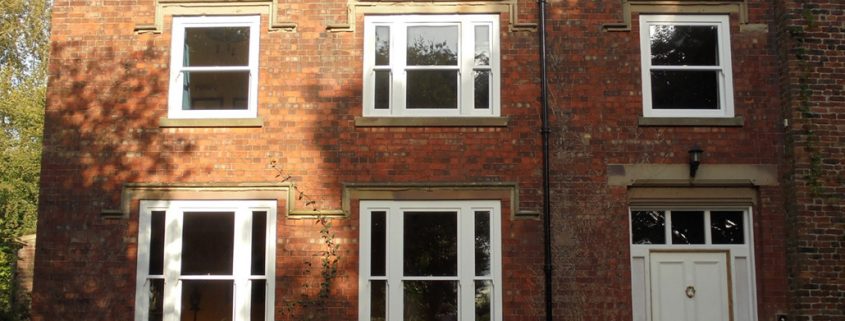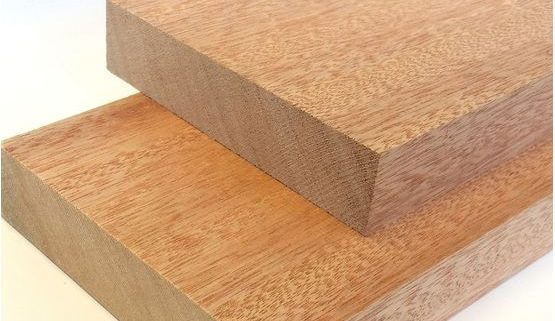Should I choose Weights or Springs?
Traditionally, all sliding sash windows were operated by cast iron weights.
Weights
A sash box of 98mm is built into each side of the window, which houses the weights. This is then attached to a piece of sash cord, which travels over a pulley in the top corners of the window and attaches to the sash that will be sliding. The weight is selected to closely match the weight of the sash that is sliding, so that a perfect counterbalance is achieved and movement of the otherwise heavy window sash is as effortless as possible.
Spring Balances
The use of weights and pulleys in modern sliding sash windows has declined over recent years, and has largely been replaced by the spring balance system. The Springs work using similar principles of counterbalancing, but achieve it through the use of two springs inside a PVC tube. Spring balances are normally visible on the inside of the window. However, a thin cover paint matched to the window and allow total concealment is used in manufacturing. This makes the windows with spring balances almost perfectly reflect the style of those with weights and pulleys.
To aid in opening windows, as well as hold windows open and closed, spiral balances utilize a spiral-shaped rod within a tube. This rod connects to a spring, which is what provides the tension for supporting the sash. The tension is adjusted by being wound to match the sash it is supporting.
Should I choose weights or springs?
Both systems have advantages and disadvantages, and the right system for you will depend on your location, the reveals in the window opening and the desired impact you are hoping for. Weight and pulley systems have an unmistakeable historic feel, they fit neatly behind traditional reveals, the systems last longer (many decades) and repair only requires fitting a new sash cord. Spiral balances systems fit neatly into all building/reveal profiles without reducing light.
If you would like a quote for sash windows with Weights or springs please get in touch.









